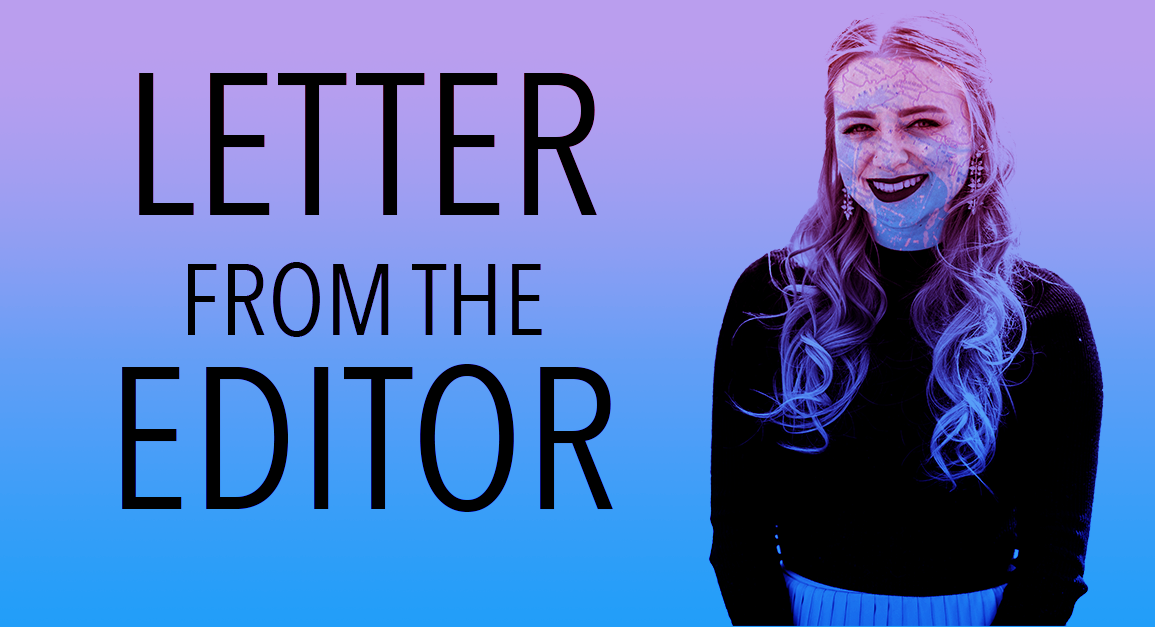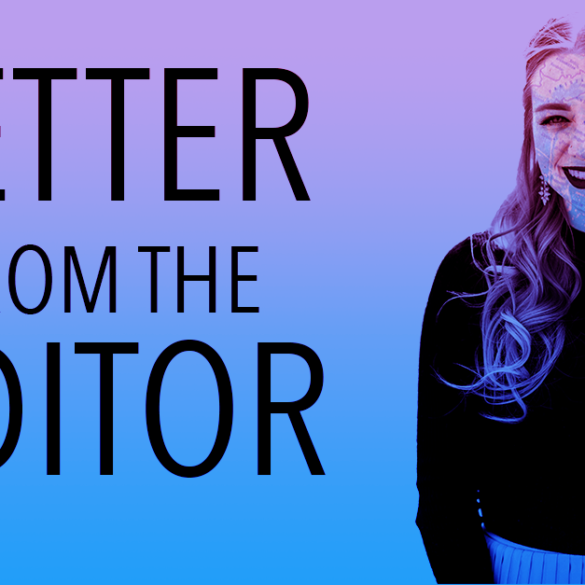Coming up with themes for Ball Bearings is always an interesting process. Sometimes a group of editors sits around and brainstorms for hours, and other times something just clicks.
When someone pitched the idea for “cultures and subcultures,” the rest of us took a minute to think about what that theme would entail. We agreed that we liked it but said let’s continue brainstorming to see what else we can come up with before we decide.
As we sat there, however, we all kept coming back to that idea. Rather than pitching themes, we found ourselves pitching stories. We knew this was the winner.
But what does “cultures and subcultures” mean? It sounds like a huge, broad topic. To us at Ball Bearings, it means celebrating what makes people who they are. It’s telling stories about people who may not feel represented. It’s being intersectional and diverse, without tokenizing.
I sometimes find myself struggling to talk to others about culture. I want to celebrate everyone and learn about other people, but find myself holding back in fear of offending someone. I don’t always know the proper language to use, and after watching Jordan Peele’s Get Out, I am overly aware of how I speak to people of color. I don’t want to be that white person who overcompensates for my whiteness.
I hope with this issue of Ball Bearings, people are able to feel open and allow themselves to be vulnerable and naive with one another. I think there is value in admitting your ignorance and approaching people with a willingness to listen.
Along with learning about and celebrating culture, we wanted this issue to look into why humans feel the need to belong to cultures and groups in the first place. That’s what our cover story (“Where We Find Ourselves”) focuses on. The story explores what it takes to feel like part of a group.
We are all part of cultures that make up who we are. Heritage, class, interests, location, and so much more work together to build and influence our lives.
Sometimes, major parts of our identities contradict each other. For example, someone’s sexual orientation might go against their religious beliefs, but the person is able to still exist within both communities (“‘Thank You, God, For Making Me Gay and Catholic’”).
On the other hand, seemingly contradictory parts of our lives might actually work together to create our overall identities (“Diary of a Derby Mom”).
As an American, I’ve often heard that my country does not have a culture because of its melting pot makeup. However, there are certain characteristics that set the United States apart from other places in the world (“My America”).
Across the globe, humans are social beings. We all crave a sense of belonging. We seek out groups we identify with, and those groups become a part of who we are.




